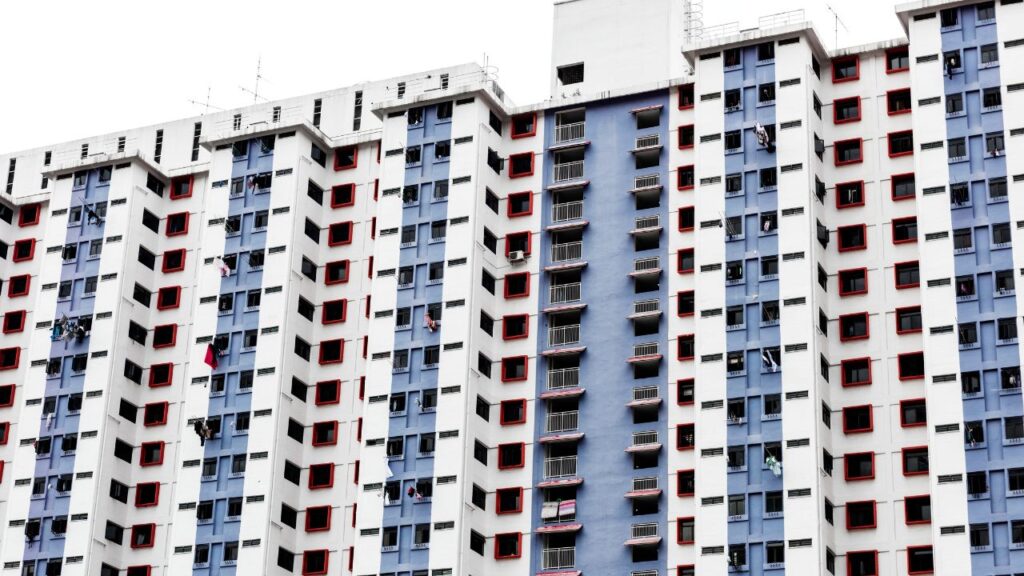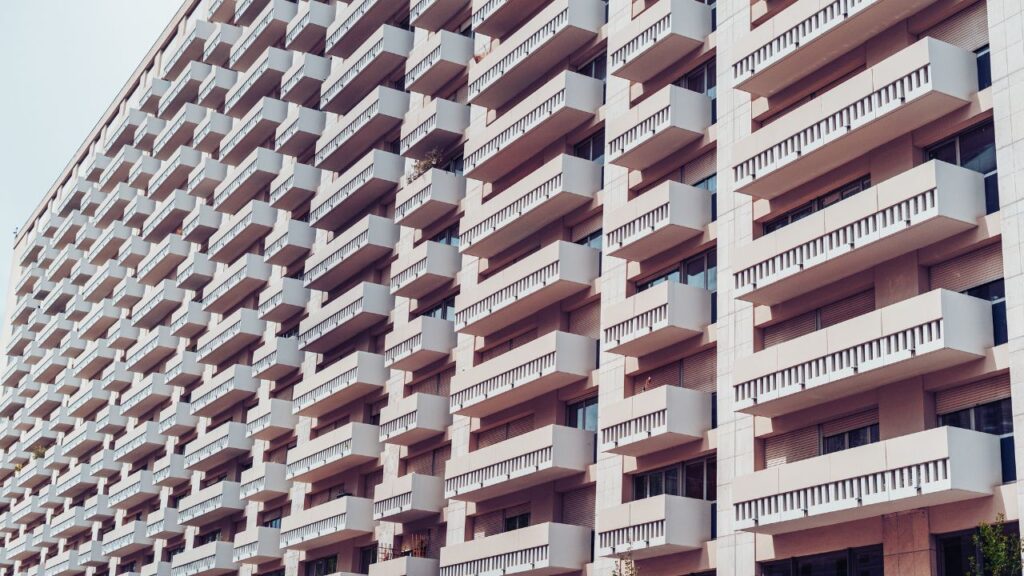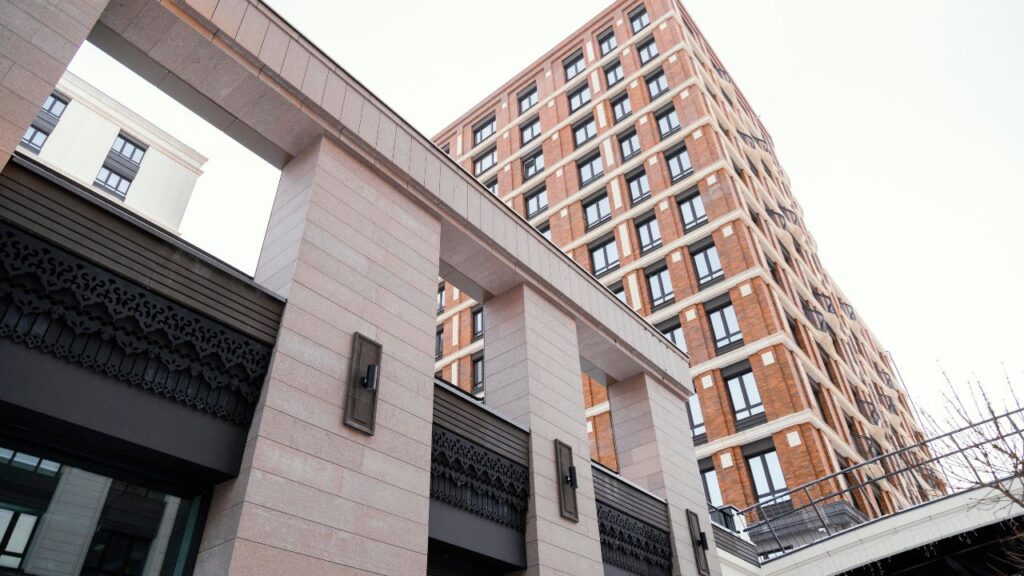A Wining Cost Estimate That Helps You To Win More Construction Projects

Building codes play a crucial role in ensuring the safety, functionality, and quality of residential structures. These codes establish standards and regulations that govern various aspects of construction, including structural integrity, fire safety, electrical systems, plumbing, and accessibility. In this comprehensive guide, we will explore the importance of residential building codes, their key components, and their impact on the construction and inspection processes.
Building a safe and secure home requires adherence to residential building codes. These codes are a set of regulations and standards that ensure the design, construction, and maintenance of residential structures meet specific safety and quality requirements. This comprehensive guide provides an in-depth understanding of residential building codes, including their purpose, history, key components, types, importance of compliance, and the consequences of non-compliance.

Residential building codes serve several essential purposes:

The primary purpose of residential building codes is to safeguard the well-being of occupants. They establish minimum standards for structural integrity, fire safety, plumbing and electrical systems, accessibility, and more, reducing the risk of accidents, injuries, and property damage.
Building codes focus on ensuring the structural integrity of residential buildings. They specify guidelines for proper construction techniques, materials, and design principles to withstand environmental forces such as wind, earthquakes, and heavy snow loads. Compliance with these codes enhances the longevity and durability of structures.
Residential building codes incorporate energy efficiency standards to promote sustainable construction practices. These codes encourage the use of energy-efficient materials, insulation, windows, and appliances, reducing energy consumption and minimizing environmental impact.
Building codes address accessibility requirements, making residential buildings inclusive and accommodating for individuals with disabilities. They mandate features such as ramps, wide doorways, accessible bathrooms, and visual aids, allowing everyone to navigate and utilize the space comfortably.
Residential building codes include regulations for fire prevention, detection, and containment. They mandate the installation of smoke detectors, fire-resistant materials, proper egress routes, and fire suppression systems, reducing the risk of fire-related incidents and providing residents with vital escape options.
Building codes establish guidelines for the installation and maintenance of plumbing and electrical systems in residential buildings. These codes ensure safe and reliable access to clean water, adequate sanitation, and properly functioning electrical infrastructure.
Residential building codes have evolved over time to address changing societal needs, technological advancements, and lessons learned from past construction failures. The origins of building codes can be traced back to ancient civilizations, where rules were established to regulate construction practices. Today, comprehensive and standardized codes are developed at the international, national, and local levels to ensure consistent safety and quality standards in residential construction.

Residential building codes consist of various components that address different aspects of construction:
Building codes provide guidelines for designing and constructing structurally sound residential buildings. They specify requirements for foundations, walls, roofs, floors, and structural connections to ensure adequate strength, stability, and load-bearing capacity.
Residential building codes incorporate measures to prevent and mitigate fire hazards. They mandate the use of fire-resistant materials, the installation of smoke detectors and fire alarms, proper exit routes, and the availability of fire extinguishers.
Building codes regulate plumbing systems to ensure access to clean water, proper sewage disposal, and the prevention of waterborne diseases. They cover aspects such as pipe sizing, drainage, venting, and fixture installation.
Building codes establish safety standards for electrical systems in residential buildings. They cover wiring methods, circuit protection, grounding, outlet placement, and electrical panel requirements to reduce the risk of electrical shocks, fires, and electrocution.
Residential building codes address energy efficiency to promote sustainable construction practices. They include requirements for insulation, windows, HVAC systems, lighting, and renewable energy integration, helping reduce energy consumption and lower utility costs.
Building codes incorporate provisions to ensure residential buildings are accessible to individuals with disabilities. They mandate features such as wheelchair ramps, accessible entrances and bathrooms, proper door and hallway widths, and visual aids for individuals with hearing impairments.
Maximize your construction business’s potential with our competitive financing options

Residential building codes can be categorized into three main types:
International residential building codes provide a universal framework for residential construction standards across different countries. They establish a baseline level of safety, quality, and sustainability, facilitating consistency and ease of compliance on a global scale.
National residential building codes are developed and enforced at the country level. They take into account specific regional factors, climate conditions, cultural practices, and legal requirements. National codes may include additional provisions or modifications to suit the unique needs of a particular country.
Local residential building codes are specific to a particular city, municipality, or region. They incorporate the national codes but also include additional regulations based on local factors, building traditions, architectural styles, zoning restrictions, and community preferences. Local codes address issues such as setbacks, height limitations, architectural guidelines, and specific regional hazards.
Compliance with residential building codes is crucial for the following reasons:
Compliance with building codes is vital to ensure the safety and protection of occupants. Following the prescribed standards minimizes the risk of accidents, structural failures, fire hazards, and other potential dangers.
Building codes are legally mandated, and compliance is required by local, state, and national authorities. Non-compliance can result in legal consequences, delays, fines, and difficulties in obtaining insurance coverage.
Constructing a home in compliance with building codes can lead to long-term cost savings. Energy-efficient design, proper insulation, and well-installed systems result in reduced utility bills, lower maintenance costs, and enhanced durability.
Compliance with building codes provides homeowners with peace of mind, knowing that their home has been constructed to established safety and quality standards. It instills confidence in the durability, comfort, and overall livability of the property.
Building inspections and permits are integral to the enforcement of residential building codes. Before construction commences, builders must obtain the necessary permits and approvals from local authorities. Throughout the construction process, inspections are conducted to verify compliance with the codes. Inspectors assess various elements, including structural components, electrical systems, plumbing, fire safety measures, and accessibility features, to ensure they meet the prescribed standards.

Non-compliance with residential building codes can have serious consequences. Authorities enforce these codes through inspections, and if violations are found, penalties may be imposed. These penalties can range from fines and work stoppages to legal actions and even demolition of non-compliant structures. It is crucial for builders and homeowners to understand and adhere to the applicable building codes to avoid these penalties.
Residential building codes play a vital role in ensuring the safety, quality, and sustainability of residential construction. They encompass various aspects of building design, materials, systems, and accessibility requirements. Compliance with these codes is essential to prevent accidents, protect property values, and create a comfortable living environment. By understanding and adhering to residential building codes, we contribute to the creation of resilient and secure homes.
No, residential building codes can vary from country to country. While international building codes provide a universal framework, national and local codes may differ based on regional factors, climate conditions, and cultural considerations.
It is important to comply with building codes when making modifications to your home. Failure to do so may result in unsafe conditions, legal issues, and difficulties in selling or insuring your property.
Residential building codes are typically enforced by local authorities, such as building departments or code enforcement agencies. Inspections are conducted to verify compliance during construction and renovations.
Yes, residential building codes are regularly updated to incorporate advancements in technology, address emerging safety concerns, and improve energy efficiency. It is important to stay informed about the latest code revisions when undertaking construction projects.
Yes, penalties for non-compliance can vary depending on the severity of the violations and local regulations. They may include fines, work stoppages, mandatory corrections, or legal actions. Non-compliant structures may even be subject to demolition in extreme cases.
Here I am going to share some steps to get your construction cost estimate report.
You can send us your plan on info@estimatorflorida.com
Before starting your project, we send you a quote for your service. That quote will have detailed information about your project. Here you will get information about the size, difficulty, complexity and bid date when determining pricing.
We do construction cost estimating and prepare a detailed report for your project. At last you finalize the report and finish the project.
561-530-2845
info@estimatorflorida.com
Address
5245 Wiles Rd Apt 3-102 St. Pete Beach, FL 33073 United States
561-530-2845
info@estimatorflorida.com
Address
5245 Wiles Rd Apt 3-102 St. Pete Beach, FL 33073 United States
All copyright © Reserved | Designed By V Marketing Media | Disclaimer
IMPORTANT: Make sure the email and cell phone number you enter are correct. We will email and text you a link to get started.
By clicking “I Agree” above you give Estimate Florida Consultin express written consent to deliver or cause to be delivered calls and messages to you by email, telephone, pre-recorded message, autodialer, and text. Message and data rates may apply. You are able to opt-out at any time. You can text STOP to cancel future text messages.